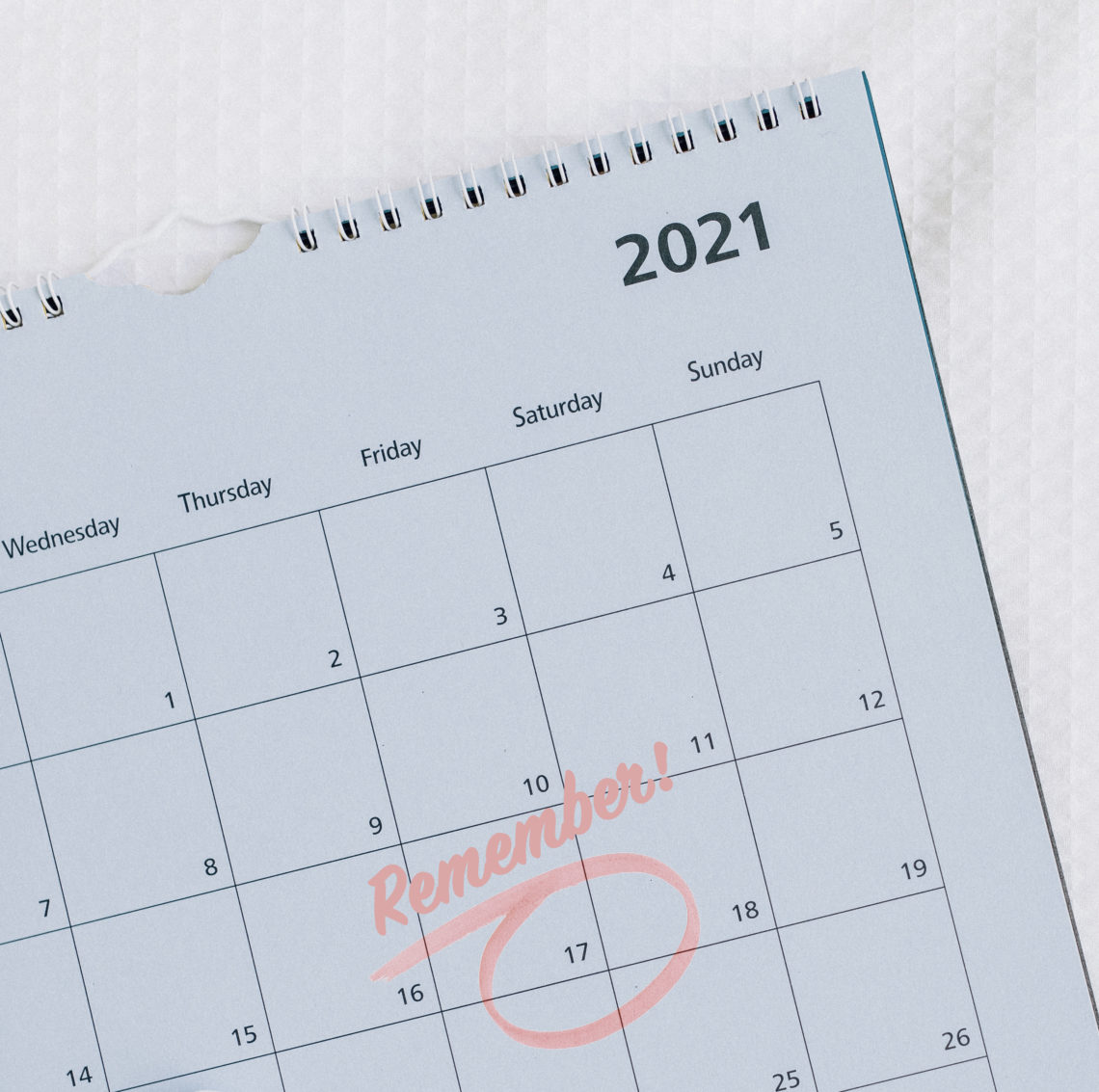I lost my father in February 2013. My grief was all-consuming for a long time. I didn’t need any prompts to remind me to grieve. Waking up to each new day he wasn’t a part of was enough to rattle the depths of my soul. It felt like I held my breath for that entire first trip around the sun without him. Each year that followed held a series of important dates inviting me to pause normal life and remember the significance of that particular day: my birthday, his birthday, Father’s Day, his and Mama’s wedding anniversary, the date he collapsed from a brain aneurysm, the date he awoke from a coma, the date he was transferred to rehab, the date he went back to the hospital, the date we removed life support, the date he passed. On each occasion I ripped the (only partially healed) wound back open to actively grieve again.
After a period of healing, I felt awkward for making myself stop and intentionally feel sadness on the anniversary of my father’s passing. It wasn’t that I didn’t miss him. It was more that I’d gotten so good at moving forward I found myself forgetting to look back. But that’s how you lose someone forever.
Once we move a certain chronological distance from a loss, we reflect on our grief less. It’s a natural part of healing, a protective mechanism that keeps us from living daily in the wake of our trauma. This is healthy. But if we reach a point where we no longer naturally stop to reflect, AND we grow numb to the prompts awaiting us on our calendars, we begin to forget.
Milestone dates are important
I no longer believe in designating a day on the calendar to be sad. Emotions don’t work like that anyhow. However, when a certain date arrives, marking a moment in time that changed us, we should acknowledge it. Your father’s birthday means he came into existence. Your wedding anniversary with your late spouse made you a life partner until death did you part. The date you lost your child took a part of you with it forever.
We don’t need to force grief if we’re in a good headspace at the moment, but we should actively remember and honor what we once loved even though we lost it. It may be hard to talk about. It may feel like a buzzkill to other people. (Tough luck; it’s not their journey.) But you should have space to remember out loud that for which you grieve.
The date is just another passage of 24 hours–nothing special in or of itself–but it’s a reminder to reflect. A prompt to tell stories about someone you’re afraid the world might forget, or perhaps you’re afraid you might forget.
Fight Passive Grief With Active Remembrance
Right now, Papa lives on because he’s a part of me. He’s a part of my stories. His life lessons reverberate in my mind, undoubtedly influencing decisions I’m making long after he could know what conundrums I’d face. But if I fail to remember him out loud, he dies with me, and that’s the last thing I want.
If loved ones only stay alive in our memories and the stories we tell, then every time we miss an opportunity to remember them, we start to forget them. It’s slow, gradual. And we don’t know when it’s happening because we can’t possibly remember what we’ve forgotten, but it’s happening nonetheless. We sink into passive grief where someone who was once a vital part of our day-to-day life begins to fade from our memories.
So take the time. Tell the story. Remember the moments. It’s all we have left.
It’s frighteningly easy for our memories to slip away. Let the calendar remind you that it’s time to remember them once again.





No Comments